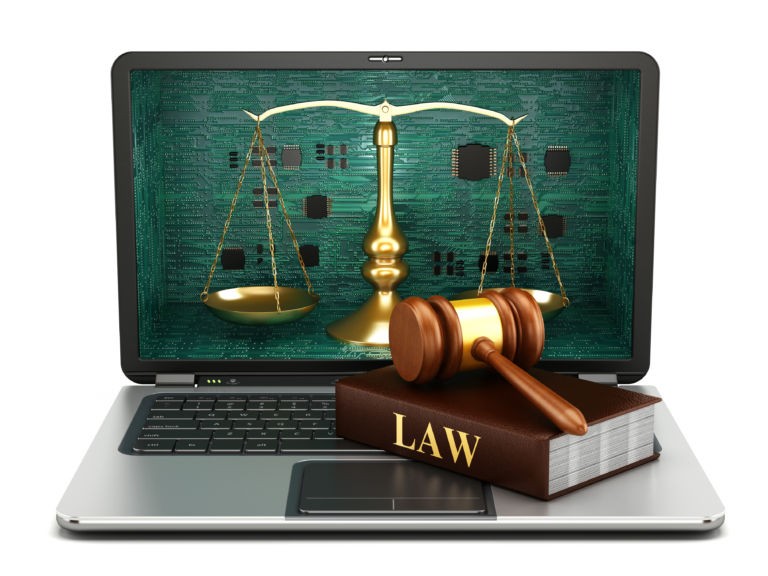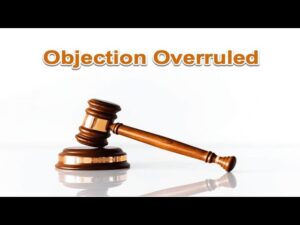How to Get a Copy of Your Court Records
Court records provide documentation of the proceedings and outcomes of legal cases. Having copies of these records can be important for many reasons, such as applying for jobs or housing, researching your personal history, and more. Here is a step-by-step guide to getting copies of different types of court records.
What are Court Records?
Court records contain the paperwork filed with the court in legal cases, transcriptions of court proceedings, and documentation of the final ruling, decision, or settlement. They provide a detailed record of what happened in a legal case and its conclusion.
Why Obtain Copies of Court Records?
There are many reasons why someone may want to get copies of records from a court case they were involved in. These include:
- Reviewing decisions, orders, or settlements
- Understanding what happened in your case
- Correcting any errors or inaccurate information
- Providing proof of outcomes when applying for jobs, housing, etc
- Documenting details for future legal issues or inquiries
Who Can Access Court Records?
In general, court records are considered public records, meaning they are available to the public. However, access may depend on state laws and the type of case. The person directly involved in a case should be able to access records related to that case with proper procedures. Third parties may have more limited access.
Getting Criminal Court Records
If you or a loved one was involved in a criminal court case, getting copies of those records is important for understanding what happened. Here is how to request criminal court records.
Contact the Courthouse Directly
The most direct way to get criminal court records is to contact the courthouse where the case was originally heard and submit a records request.
Identify the Correct Courthouse
To identify the correct courthouse, you will need details like the city or county where the case happened, the approximate date, and the full legal name of the defendant. Court staff can help you confirm details if you are unsure.
Submit a Records Request
Submit a formal written request for copies of the records. Follow all guidelines provided by the court for what needs to be included and how requests should be submitted. Generally you will need to provide:
- Defendant’s full legal name
- Case docket number or approximate date
- Your contact information
- Identification documents
- Approval forms if required
Pay Any Fees
There is typically an administrative fee for getting court records, such as $0.25 per page. Some states may waive fees for individuals requesting their own records. Check with the court clerk on costs when submitting your request.
Use a Background Check Company
You can also use a background check company to get full reports on a person’s criminal history, including any court cases.
Research Companies
Search for background check companies online. Look for those that specialize in providing individual criminal records and have positive reviews.
Place Your Order
Select a company to order a criminal background report from. Provide the requested personal details like full legal name and state of residence. Make your payment to complete the order.
Receive and Review Reports
You will receive a comprehensive report on the individual’s criminal history from the company. Carefully review any court cases listed to confirm accuracy.
Getting Civil Court Records
If you were party to a civil court case, such as a small claims case, you will also want access to those records. Here is how to get civil court records.
Contact the Courthouse Directly
As with criminal cases, you can contact the civil court directly to request records.
Identify the Correct Courthouse
Civil cases typically start at the county level, but may get appealed up through state and even federal courts. Identify the different courts involved in your case to request complete records.
Submit a Records Request
Follow the court guidelines for requesting civil case records. Information required may be similar as criminal requests. Clearly specify parties’ involved if known.
Pay Any Fees
As with criminal cases, expect to pay small administrative fees for civil court records. Individual plaintiffs may be able to get fee waivers.
Search Court Databases
Many civil records may also be searchable online through public court case databases.
Find the Case Management System
Search for your state or county civil court case management system online. For example, PACER provides federal case records access. Individual court websites may also have case searches.
Search for Your Case
Lookup cases by party names or date range filters. If available, narrow by specific courts like small claims court. Ensure matches align with your case details before pulling records.
Print or Download Records
Print full case summaries or PDF documents directly from court databases that have your case records available online. Save copies to reference later as well.
Getting Other Court Records
There are a few other special court system that you may need to get records from, such as:
Divorce Records
Contact family court offices for copies of final divorce decrees, child custody orders, or other rulings related to divorce proceedings that you were involved in.
Bankruptcy Records
For personal or business bankruptcy filings and court decisions, contact federal bankruptcy courts with jurisdiction in the region the original case was filed.
Tax Lien Records
Local and county courts oversee tax lien rulings. Property records departments may also retain tax lien documentation.
Tips for Getting Court Records
Use these additional tips to ensure success in obtaining needed court records:
Have Identifying Case Details
Accurately identify defendant name spellings, precise case dates, court jurisdictions, and docket numbers whenever possible. This helps court staff locate complete records to fulfill requests.
Understand Any Restrictions
Get specifics on access limitations for certain criminal convictions or types of civil cases in your state. Third party and public access rights vary.
Be Prepared for Long Waits
Getting court records can take from days to weeks depending on archives processes and staff workload. Build buffer time into any urgent requests in case of delays.
Conclusion
Summary of Main Steps
In summary, first figure out which court originally handled your civil or criminal case. Then submit a formal written records request to their office while following all guidelines. Finally, pay fees if applicable and wait for your complete court records to arrive. Understanding the details of what happened in your case has many potential benefits.
Importance of Court Records Accessibility
Public accessibility to court records ensures proceedings happen fairly and enables oversight. It also protects individual rights by allowing people to obtain files related to their own cases. While accessing records can involve some time and effort, having court documentation can empower individuals when needed.
FAQs
1. What if I don’t know which courthouse my case was in?
- Contact court records management offices at the city, county, or state level for help identifying the correct court based on your personal details and approximate case year. They can lookup by factors like your name and birth date.
2. Are there fees for getting my own court records?
- Small admin fees like $0.25 per page are common. Some states waive fees for individuals requesting their personal records, but check court policies. Third parties typically pay full fees.
3. How long does it take to get court records?
- Timeframes range widely from a few days to 4+ weeks in some cases. Courts have huge volumes of records requests to handle. Ask the clerk for an estimate when you submit your request and follow-up if hitting limits.
4. Can someone else get copies of my court records?
- It depends. Criminal convictions are typically considered public record so third parties can often access and request copies. Other cases like civil disputes may have restricted third-party access depending on state laws.
5. What details do I need to provide in my records request?
- Full legal name of defendant/parties in case, exact case date range, court jurisdiction location, docket/case number if known, your contact info, ID verification, and any request approval forms needed based on case type. Details help staff fulfill requests accurately.








